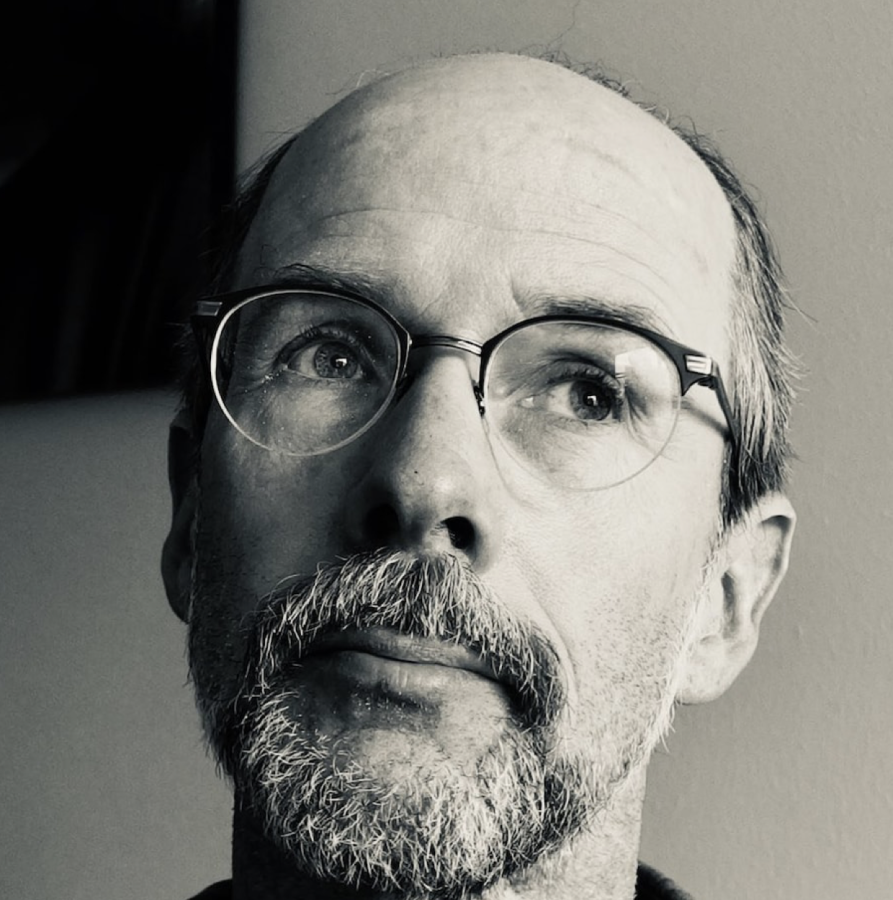Climate activist sets himself on fire at Supreme Court
Practicing buddhist Wynn Bruce took the ultimate stance against climate change
Family photo
Wynn Bruce, 50, of Boulder, Colo., died after setting himself on fire outside the Supreme Court on April 22, in an apparent climate protest action
Wynn Bruce set himself ablaze for 60 seconds before police arrived to extinguish the flames on Friday, Apr. 22, or Earth Day.
In those few moments, Bruce did not scream. He did not cry for help. He sat on the steps of the Supreme Court silently aflame, yet his message was received loud and clear by the American government.
This courageous act of protest comes after years of outcry from both scientists and citizens in regards to the U.S. government’s failure to act on climate change.
According to Kritee Kanko, a climate scientist at the Environmental Defense Fund and a friend of Bruce, his actions were a planned act of protest rather than a spontaneous suicide.
Kritee posted on Twitter, “This is a deeply fearless act of compassion to bring attention to climate crisis. We are piecing together info but he had been planning it for at least one year.”
Bruce’s father agreed with Kritee that his son’s demonstration was done out of concern for the planet.
“I agree with the belief that this was a fearless act of compassion about his concern for the environment,” said Douglas Bruce. “Everybody gets to decide for themselves about how their end of life is going to take place. I respect him for it.”
Bruce was a Shambhala buddhist from Colorado, leading many to believe he was imitating Vietnamese monks, who protested the Vietnam war through self-immolation.
In the weeks leading up to Earth Day, Bruce edited a Facebook comment from a 2021 post, adding the date of his final call to action. “4/22/22,” alongside a fire emoji, announced his future to the public.
Thich Nhat Hanh, the famous Zen Buddhist Master and an inspiration to Bruce, wrote in a letter regarding the death of the Vietnamese monks, “… To burn oneself by fire is to prove that what one is saying is of the utmost importance. There is nothing more painful than burning oneself. To say something while experiencing this kind of pain is to say it with utmost courage, frankness, determination, and sincerity.”
Bruce’s message, as well as that of all those before him, stand as fearless acts of protest that cannot be ignored if we want to preserve our planet.
Back on Apr. 6 of this year, NASA scientist Peter Kalmus was arrested after chaining himself to a Chase Bank in downtown Los Angeles. Kalmus, who specializes in biological systems and climate change at NASA’s Jet Propulsion Laboratory, demanded the government take immediate action in addressing global warming.
Bruce is not the first to self-immolate against climate destruction.
Gay rights lawyer David Buckel set himself on fire back in 2018 in Brooklyn’s Prospect Park to call attention to the environmental detriment posed by fossil fuels and pollution.
The Intergovernmental Panel on Climate Change, a group of experts convened by the UN, published their latest report in early April warning nations about the risks of current rates of coal, gas, and oil emissions.
The report states that current initiatives to address climate change fail to completely address the problem. Not only do emissions have to be cut, and sustainable energy sources improved, but carbon already in the atmosphere will have to be removed.
According to the IPCC, only 24 countries are actually decreasing toxic emissions. Additionally, emissions are unequally distributed, with wealthier countries such as the U.S. causing exponentially more damage.
While it’s easy to embrace a pessimistic climate doomism and subscribe to a fate of catastrophe rather than continue fighting, scientists and climate activists say we still have time to change.
Rather than allow Wynn Bruce to pass away in vain, we should honor his sacrifice, as well as that of those who came before him, and continue pushing for climate justice and a clean Earth.







































